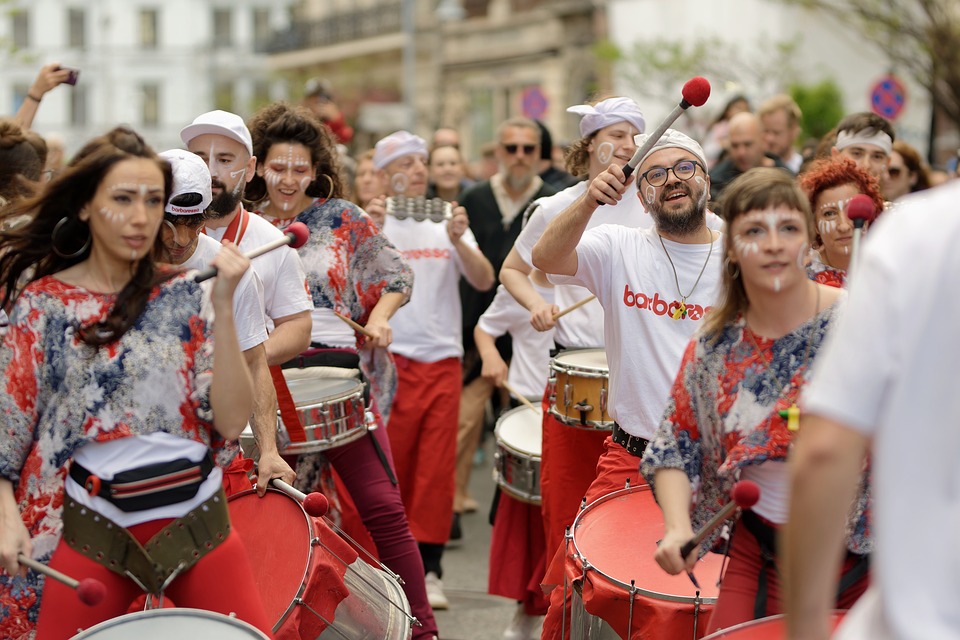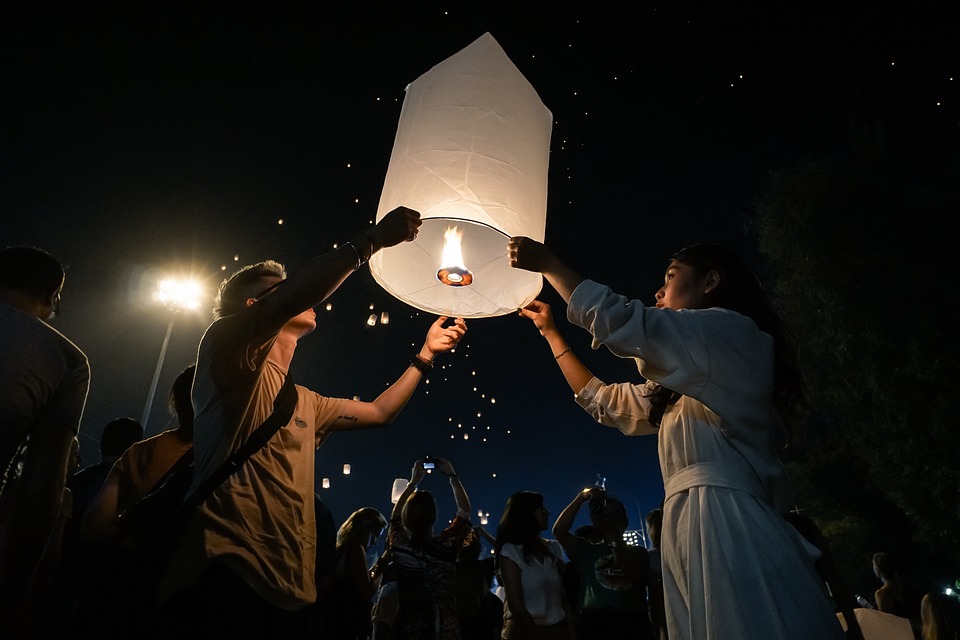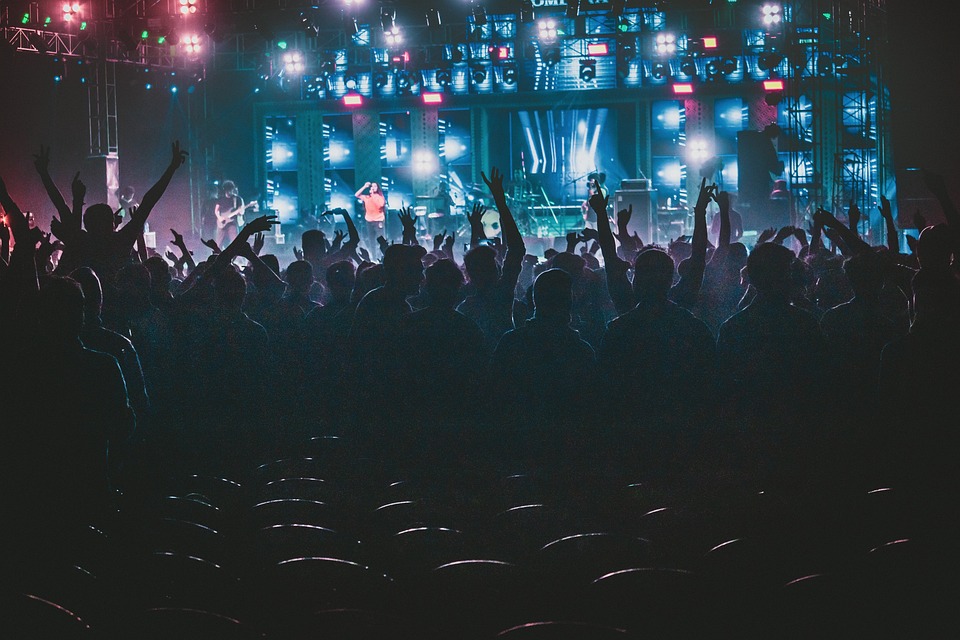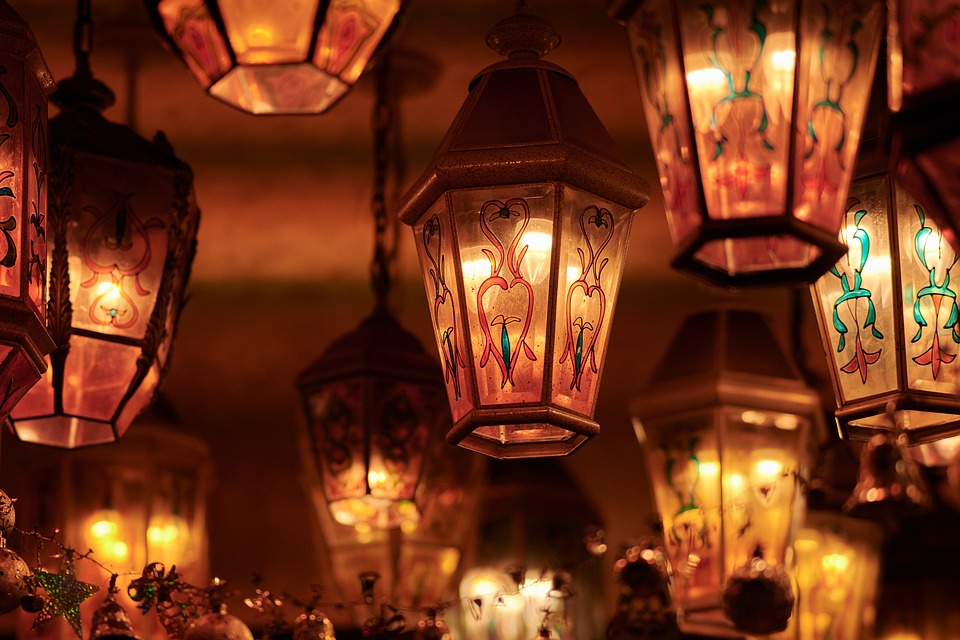Cultural Events as Catalysts for Social Change and Awareness
Introduction
Cultural events play a significant role in shaping the societal norms, beliefs, and attitudes of individuals. These events create a platform for people to come together, celebrate their cultural heritage, and spark conversations about important social issues. From music festivals to art exhibits, cultural events have the power to bring about positive change and raise awareness about pressing societal issues.
Music Festivals as Agents of Change
Music festivals are a popular form of cultural event that brings together people from diverse backgrounds to celebrate their shared love of music. These festivals often feature a lineup of artists from different genres and cultures, providing attendees with exposure to new sounds and perspectives. Music has the power to transcend language barriers and unite people in a common experience, making it a powerful tool for social change.
Many music festivals also use their platform to raise awareness about important social issues, such as climate change, social justice, and mental health. Through workshops, panel discussions, and educational programming, festival organizers can engage attendees in conversations about these issues and empower them to take action in their own communities. By leveraging the unifying power of music, festivals can inspire positive change and foster a sense of social responsibility among attendees.
Art Exhibits as a Catalyst for Social Awareness
Art exhibits provide another avenue for cultural events to promote social change and raise awareness about important issues. Artists often use their work to spark dialogue about topics such as racism, inequality, and environmental degradation, provoking viewers to think critically about the world around them. By showcasing these thought-provoking artworks in public spaces, art exhibits can reach a wide audience and prompt meaningful conversations about pressing societal issues.
Art exhibits can also serve as a platform for marginalized voices to be heard and represented in the cultural conversation. By featuring works from artists of different backgrounds and perspectives, exhibit organizers can promote diversity and inclusion within the artistic community. This diversity of voices can lead to a more nuanced understanding of complex social issues and inspire viewers to take action in support of social justice.
Dance Performances as a Tool for Social Change
Dance performances are another form of cultural event that can serve as a catalyst for social change and awareness. Through movement and expression, dancers can convey powerful messages about important social issues, such as women’s rights, LGBTQ+ rights, and racial justice. By choreographing pieces that address these topics, dance companies can engage audiences in conversations about pressing societal issues and foster empathy and understanding among viewers.
Dance performances can also serve as a form of protest and resistance against social injustices. In many countries around the world, dancers use their art as a tool for political activism, challenging oppressive regimes and advocating for social change. By harnessing the expressive power of dance, performers can amplify their voices and inspire others to join them in the fight for a more just and equitable society.
Conclusion
Cultural events have the power to transcend boundaries and inspire social change. Whether through music festivals, art exhibits, or dance performances, these events provide a platform for people to come together, celebrate their cultural heritage, and engage in conversations about important social issues. By leveraging the unifying power of culture, organizations can raise awareness about pressing societal issues and inspire individuals to take action in support of social change. In a world that is increasingly divided, cultural events offer a beacon of hope and a catalyst for positive transformation.



